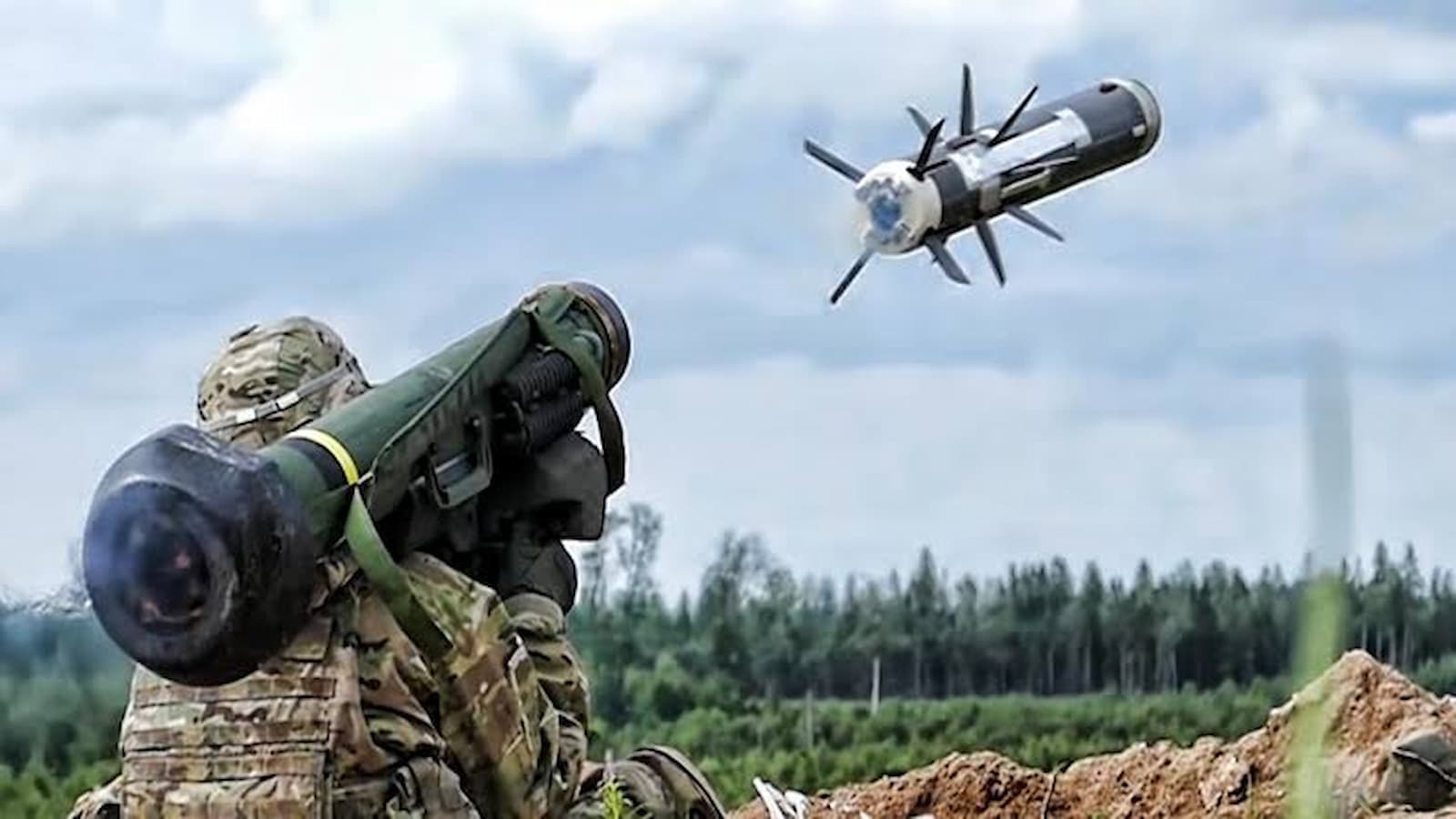Modi 3.0 Indian army: India’s defence establishment views an assertive China, working with Pakistan, as a serious security threat. Scholars underscore India’s imperative to enhance its nuclear and conventional military prowess while respecting fiscal limitations.
Several experts and officials told TOI that the new government needs to bite the bullet on multiple fronts to guarantee that India’s conventional warfighting capabilities and nuclear deterrence capabilities can meet this challenge with an integrated, future-ready military within budgetary constraints in the years to come.
Reforms in Military and Strategy Are Required
India needs to create a comprehensive national security policy and expedite the installation of tri-service theatre commands to tackle these threats successfully. Increasing R&D spending, modernizing the Defense Research and Development Organization (DRDO), and encouraging closer cooperation with the corporate sector are important measures.
Enhancing Nuclear Disturbance
India needs to be able to launch nuclear missiles from land, the air, and the sea to have a more powerful nuclear triad. It is imperative to augment the submarine fleet with nuclear-powered vehicles equipped with long-range nuclear missiles and to increase the quantity of ballistic missiles such as the Agni-5.
Since it will take more than ten years to complete, the government should also begin work on the long-delayed projects to construct a third aircraft carrier and six nuclear-powered attack submarines (SSNs). According to a TOI report, a senior official stated, “It cannot be an either-or debate.”
India Plans to Rename Locations in Tibet in Response to China’s Actions
Development of Advanced Military Capabilities
The construction of a third aircraft carrier and six nuclear-powered attack submarines must start right away. A high-ranking official declared, “This debate cannot be about either-or.” The government must also support the planned theatre commands for the land borders with China and Pakistan, as well as a maritime command for the Indian Ocean region.
Bringing Military Technology Up to Date
Developing capabilities in the internet, space and other cutting-edge technologies is imperative. As evidenced by the operational usefulness observed in the Russia-Ukraine conflict, improving long-range precision-strike capabilities should be a top goal for the planned Integrated Rocket Force.
Increasing Domestic Defense Production
Even with the progress achieved under the ‘Make in India’ initiative, India still needs to produce cutting-edge military hardware independently. A new defence production program is needed to create cutting-edge weaponry and lessen dependency on imports.
According to a senior official quoted in the Economic Times story, ‘the’strategic partnership (SP)’ policy, for one, needs to be scrapped.” Since the SP policy was implemented in May 2017 to increase domestic manufacturing through partnerships with international armament companies, no single initiative has succeeded.
All of this is related to the significant structural redesign of the DRDO that the expert committee under Prof. K. Vijay Raghavan suggested. He continued that DRDO should focus primarily on basic and applied R&D, leaving systems integration and product management to other government organizations and the commercial sector.
Reforms in the DRDO and the Private Sector’s Role
A significant structural redesign of DRDO is required. Prof. K Vijay Raghavan’s expert committee advises that “DRDO should only concentrate on fundamental and applied R&D, leaving systems integration and product management to other agencies and the private sector.”
Modifying Military Recruitment Procedures
The Agnipath program needs to be modified as well. In particular, Agniveers should be retained at a rate of approximately 50% after their four-year service commitment, as opposed to the existing 25%.
Key Deals and the Promotion of Defense Exports
The Defense Ministry intends to create a fund and a new export promotion organization to help friendly nations buy Indian weapons. Important defence deals, including purchasing extra K9 Vajra artillery cannons and fighter jet engines, are progressing under the Made in India initiative. The last round of talks to purchase Rafale M fighter aircraft for the Navy will soon take place.
PTC Industries’ Shares Surge 5% to Reach Record High on ‘Make in India’ Program Boost
New Penal Codes and Internal Safety
Beginning on July 1, the Ministry of Home Affairs intends to enact new criminal laws. Top priorities include resolving the ethnic conflict in Manipur and holding assembly elections in Jammu and Kashmir by the deadline of September 30 set by the Supreme Court.
Important Military Appointments
The Center has named Lt. Gen. Upendra Dwivedi to be the next Chief of Staff of the Army Staff, effective June 30 in the afternoon. At the moment, Dwivedi holds the position of Vice Chief of Staff, Army.
General Manoj C. Pande, the current Chief of Staff of the Army Staff, will leave his position on June 30.
The Prime Minister’s International Visits
Attendees for the G7, SCO, and BRICS summits will include Prime Minister Narendra Modi. To support strategic autonomy, trade deals with the EU, UK, and South American nations are being accelerated, and a trade agreement with Oman has been finalized.
Fresh Appointments in Diplomacy
India will appoint new ambassadors to the US, France, and the UN. By October, a new Foreign Secretary is anticipated, along with numerous other planned ambassadorial appointments.
Cabinet and Bureau Leadership Decisions
The administration will determine the terms of key officials like Cabinet Secretary Rajiv Gauba and Union Home Secretary Ajay Bhalla. On June 30, Intelligence Bureau Chief Tapan Deka’s term comes to an end, and it will be necessary to decide on his next move.
The new administration is likely to expedite the $3.9 billion purchases of 31 armed MQ-9B Sky Guardian drones from the US and the $6 billion purchases of 26 Rafale-M fighters from France, as well as the plans to manufacture three additional French Scorpene submarines at Mazagon Docks and the American GE-414 jet engines by Hindustan Aeronautics.



